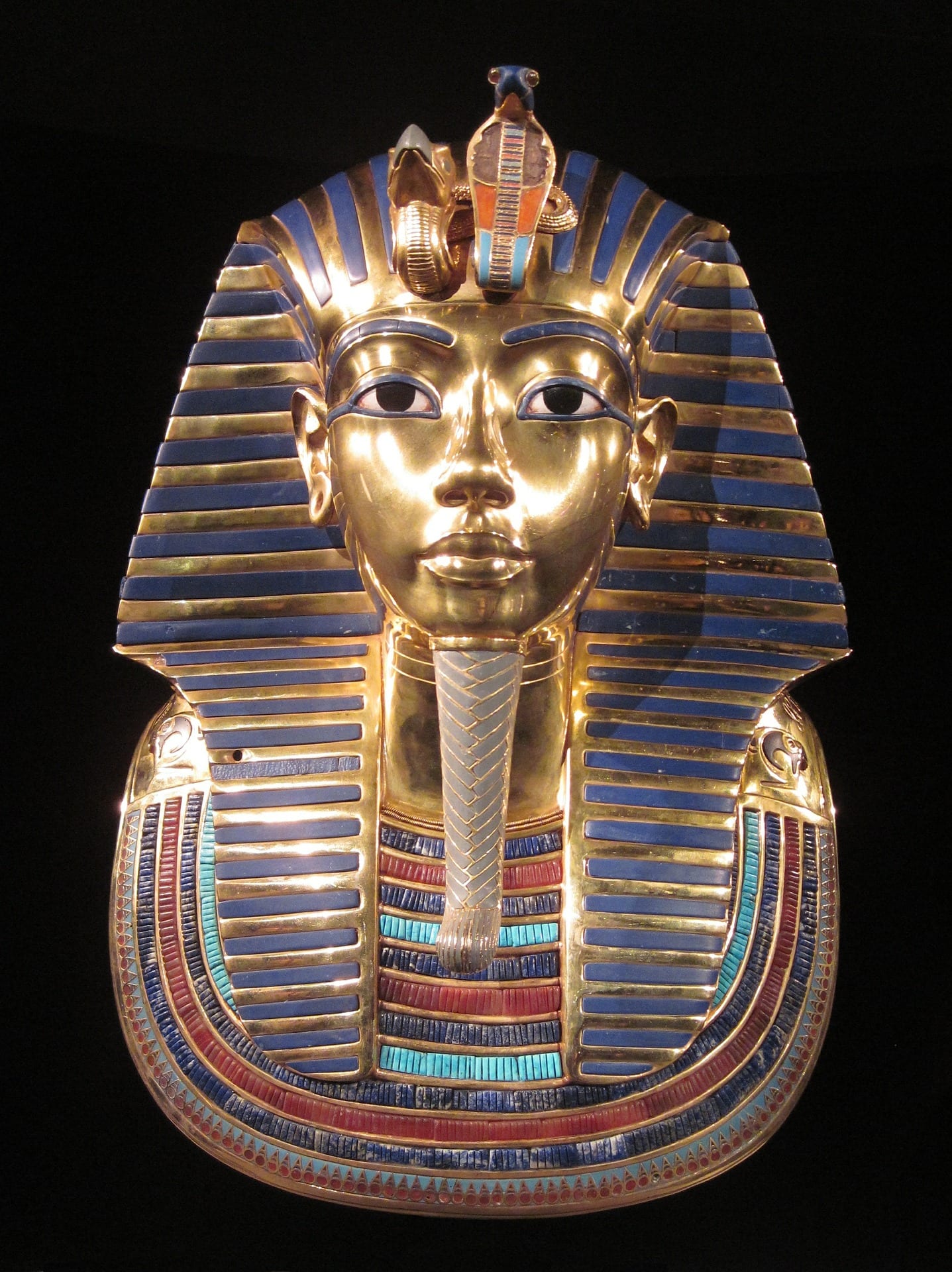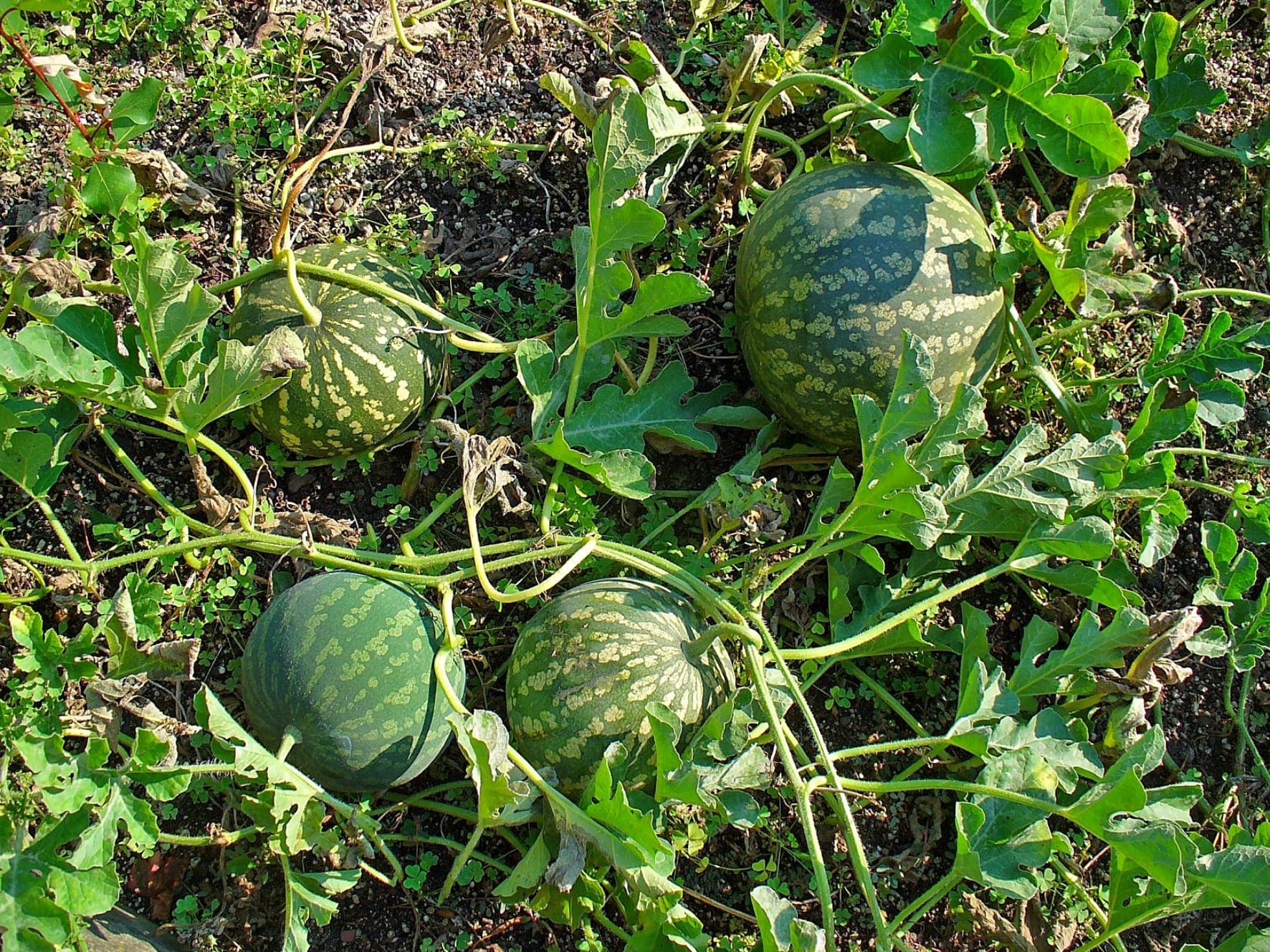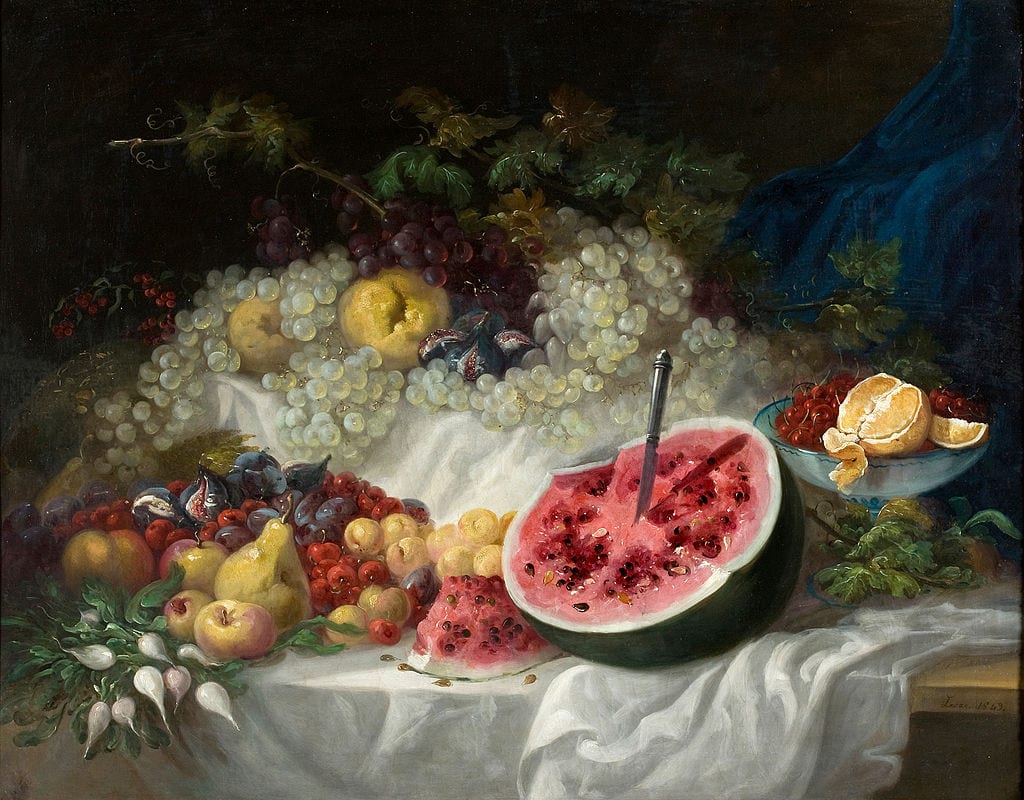Refreshing slices of watermelon on hot, summer days are one of the best treats of the season. But it wasn’t always like that.
In ancient times, no one wanted to eat a fruit that tasted as bad as those old, pale melons.

Photo Credit: Flickr
So, how did we get from a fruit that was so unappealing and bitter, to the flavorful, ruby-colored delight watermelon is today?
Archaeologists have found wild watermelon seeds and other evidence of their presence in ancient tombs (including King Tut’s) across the continent of Africa, dating back to as long as 5,000 years ago.

Photo Credit: Pixabay
But why? The fruits they grew were nasty.
According to Harry S. Paris, a horticulturalist at the Agricultural Research Organization in Israel, the reason for growing the unpalatable melons and putting them in tombs with pharaohs is because of their water content. Egyptians liked to give them to livestock to keep them hydrated in arid conditions.
For the same reason, the melons were included in tombs: to keep pharaohs quenched in the afterlife.
As those still in the land of the living also needed water, it’s likely that travelers would take some watermelons to use as water bottles—a predecessor to the modern day Hydroflask, if you will. As travelers moved across the continent, dropped watermelon seeds spread the fruit.

Photo Credit: Wikimedia
Eventually, the Greeks got a hold of the fruit. They would cook and eat it, but they also used it as medicine. Pliny the Elder thought it made an excellent laxative.
One can only imagine.
Greek physicians also like to place rinds on the head to ward off heat stroke, which I can see working to some extent.

Photo Credit: Wikimedia
As they were selectively bred over the next few centuries, watermelons got sweeter and pinker. Paintings of feasts throughout the ages began to show dark pink slices of watermelon staged along with figs and pomegranates. And voila! We arrive at today.
Super glad we didn’t just give up on them. Summer wouldn’t be as sweet without watermelons.
The post Ancient Watermelons Tasted Awful. So How Did We Get to the Delicious Summer Treat? appeared first on UberFacts.